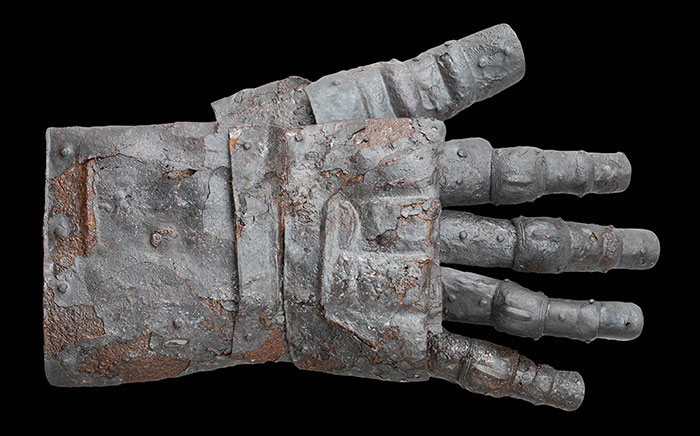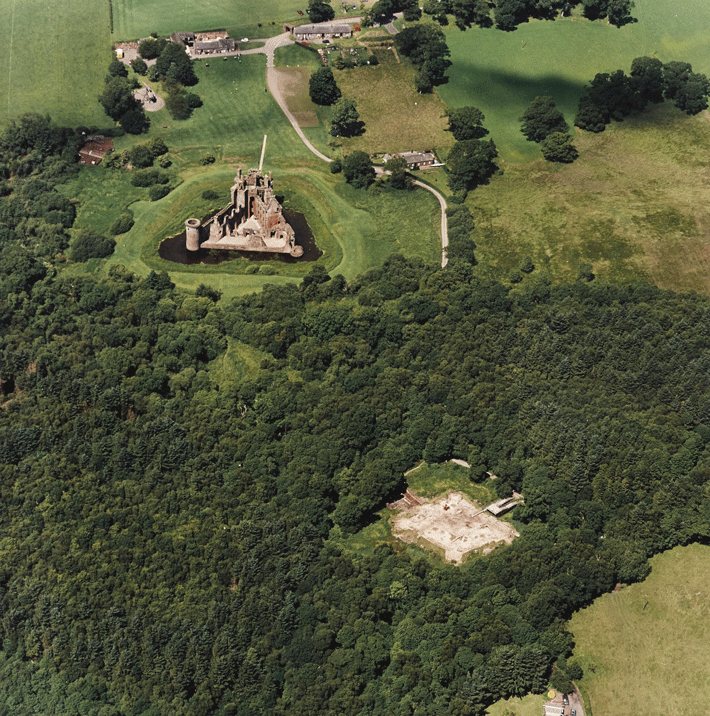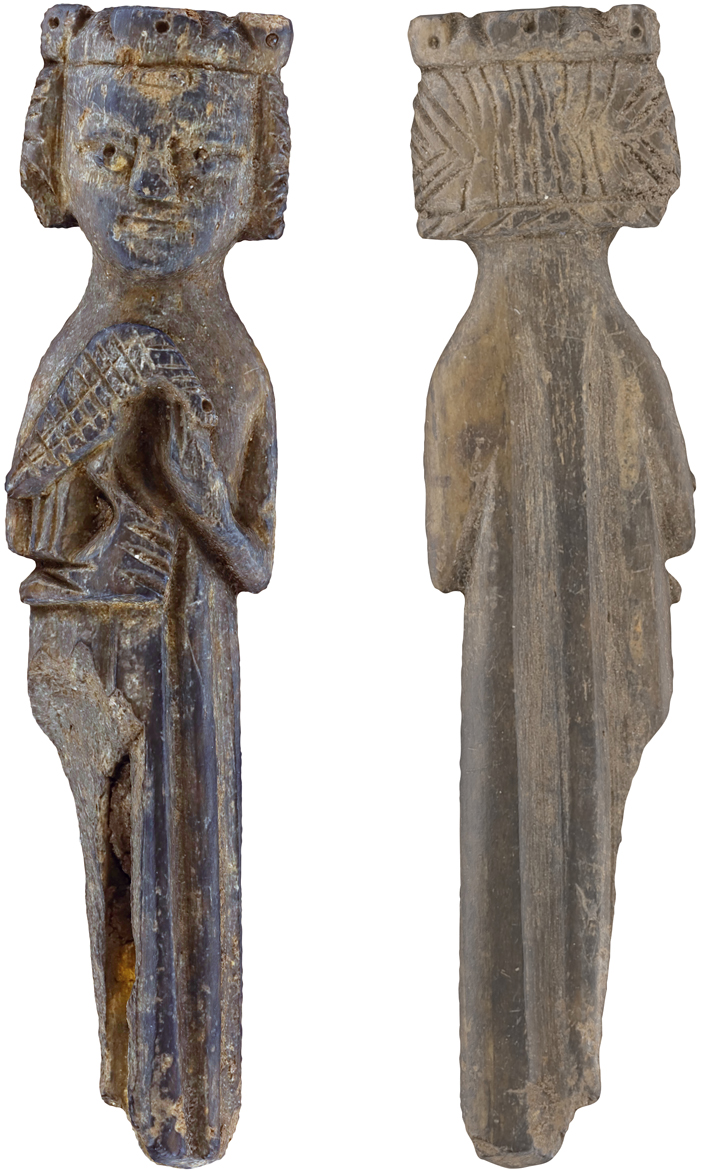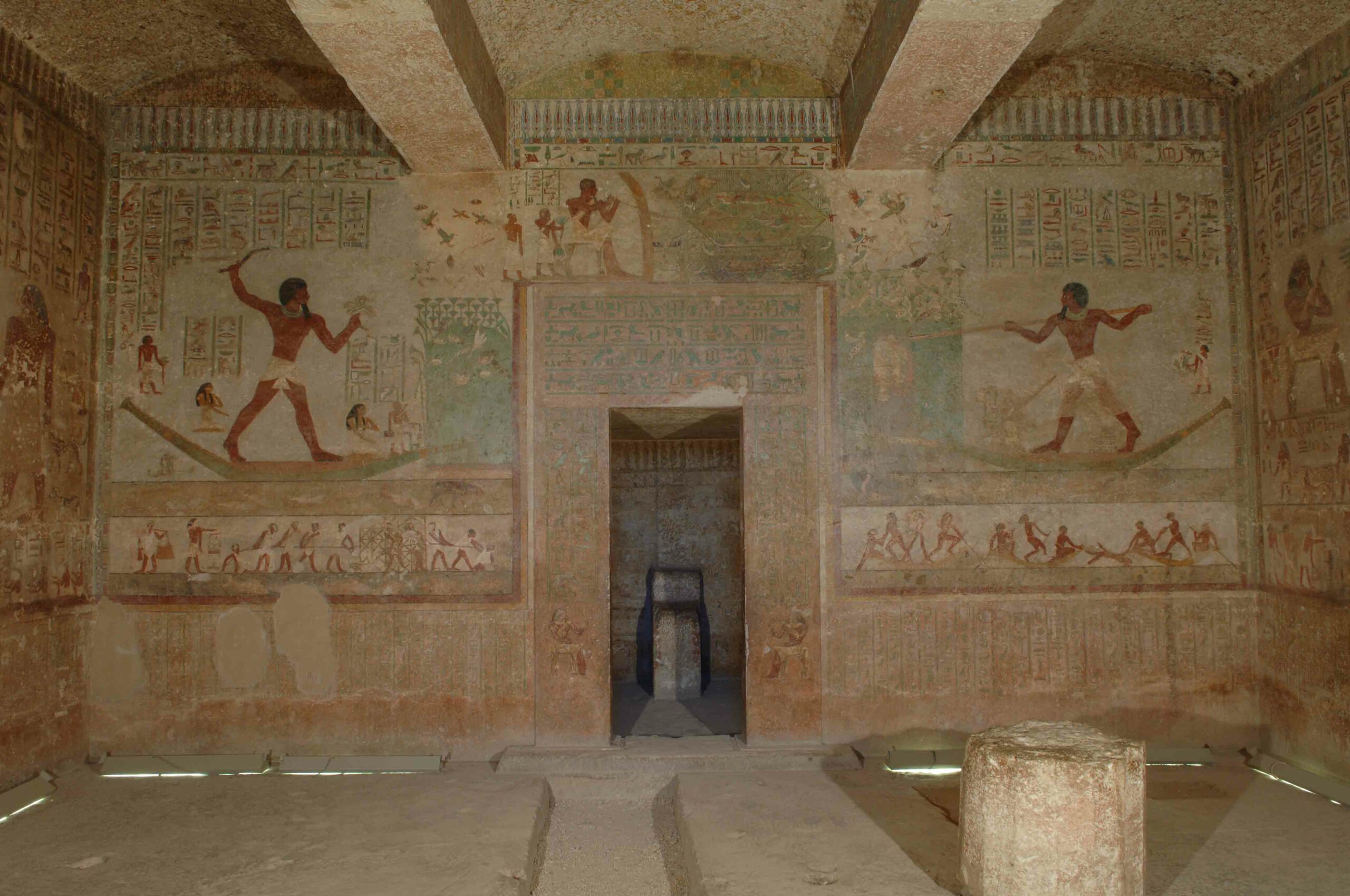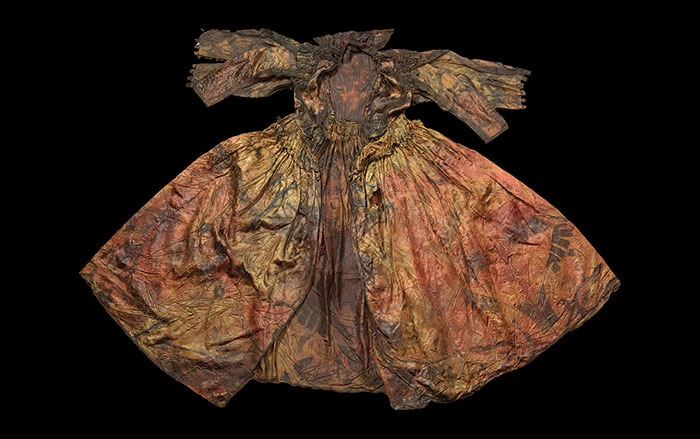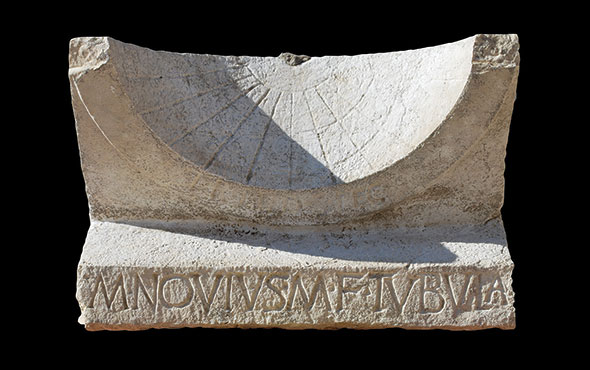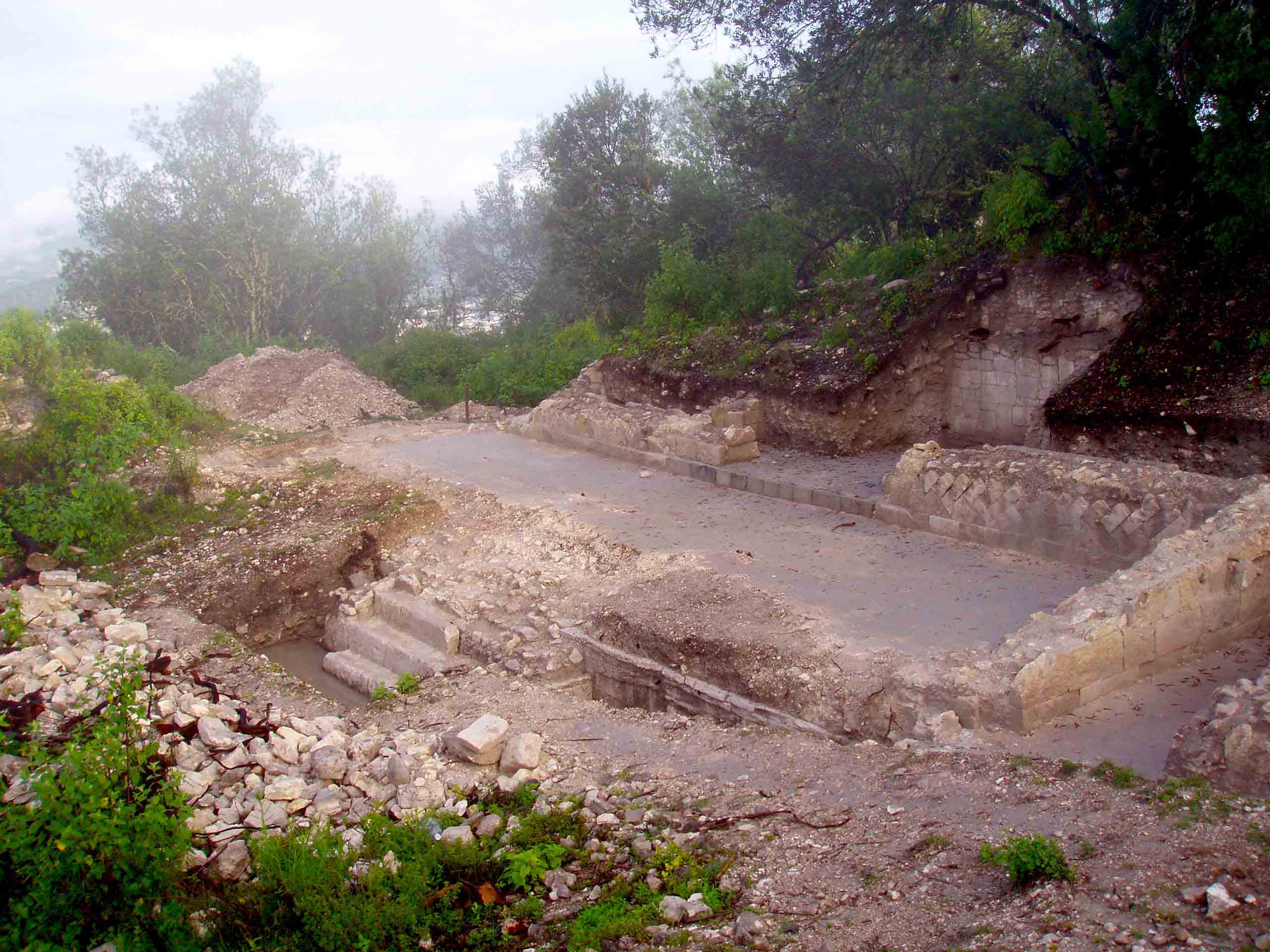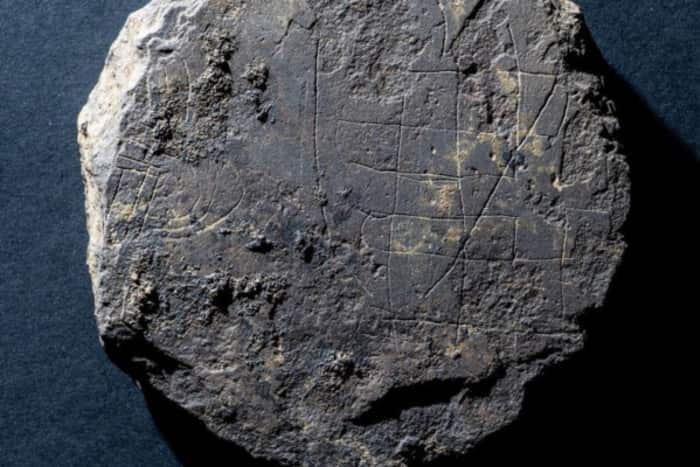
ABERDEENSHIRE, SCOTLAND—A game board thought to have been used to play Hnefatafl, a Norse strategy game, has been found in eastern Scotland, according to a report in The Scotsman. Archaeologist Ali Cameron of the Book of Deer Project said the game board dates to the medieval period. The team of researchers discovered it during the search for a Pictish-era monastery near the small village of Old Deer, where the Book of Deer, a volume of the Christian gospels containing the oldest-known written examples of Scottish Gaelic, was once held. “It is a very rare object and only a few have been found in Scotland, mainly on monastic or at least religious sites,” Cameron said of the game board. A Christian symbol known as a Solomon’s Knot had also been carved on the stone. In addition, Cameron and her team uncovered a layer of stone and several post holes from a wooden building that may be the remains of the Pictish monastery. Charcoal samples from the site have been sent out for dating. To read more about medieval gaming, go to "How the Other Half Played Chess in Medieval England."


